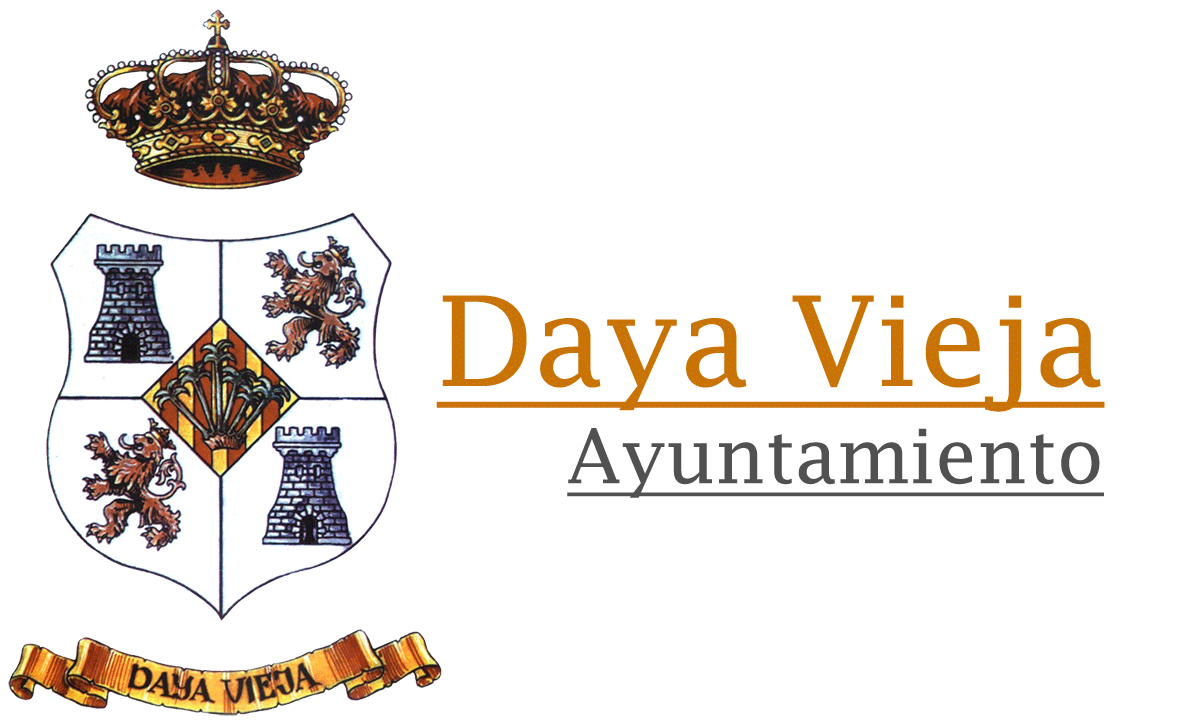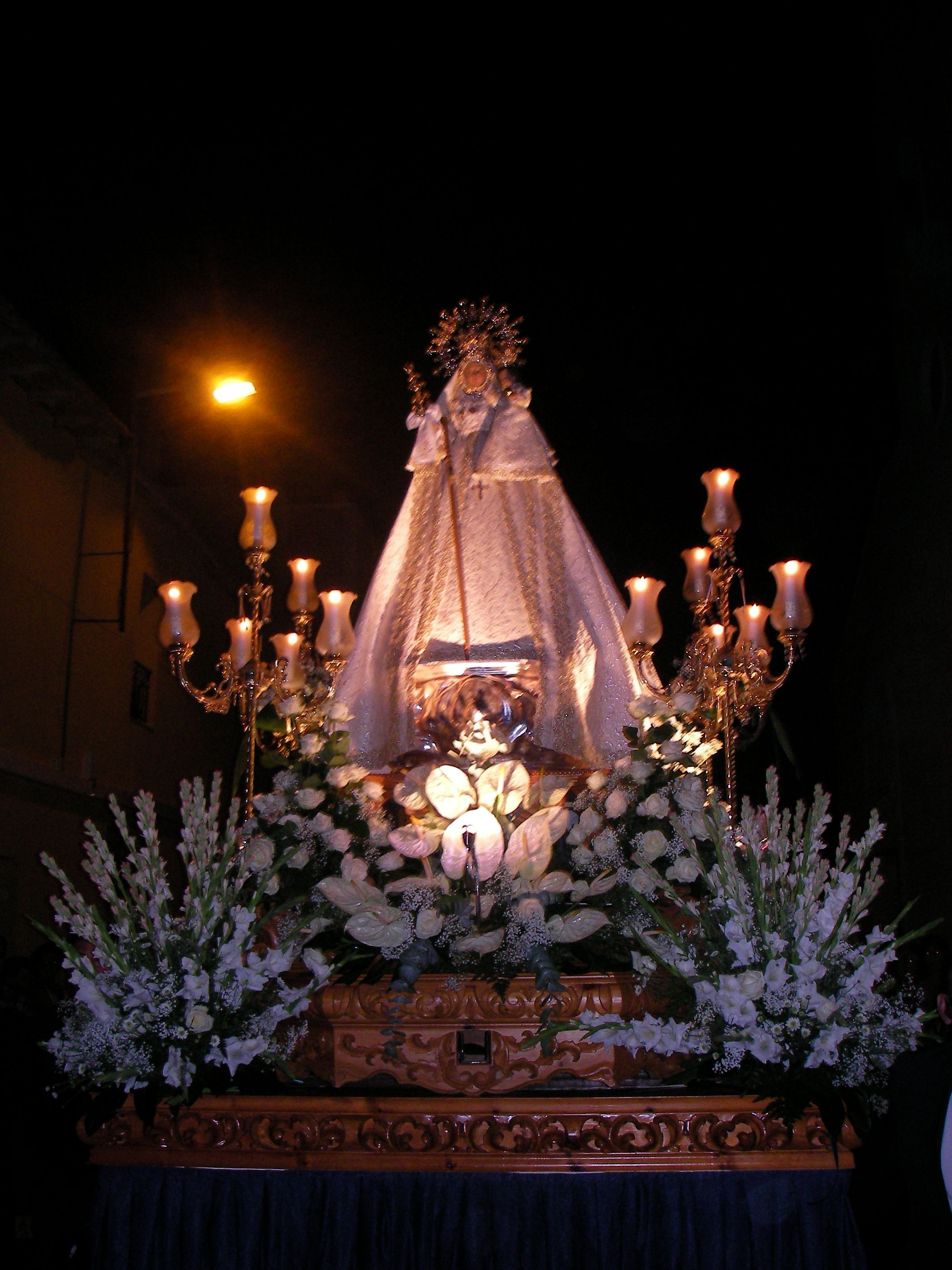Ntra. Sra. de Monserrate.
An endless number of events fills the program of festivities in a few intense days in which many traditions are manifested, as well as the popular fervor and the fun and good humor of its inhabitants.
In 2001 we were able to celebrate with great joy the I Centenary of the celebration of these patron festivities.
They usually start the festivities with the traditional “pasacalles de la caña”, in which the village boys go through the homes of the town to the sound of the dulzaina and the tamboril asking for a donation to defray the expenses of the festivities.
It is customary to offer chickens, chickens, rabbits, sausages, etc. who behave in a great cane carried on their shoulders by the waiters.
– There are many popular festivals that attract many visitors who share with the dayavejenses these days of fun.
– There are several sports competitions that are held on these dates such as cycling races, cross, soccer, volleyball, etc.
– Typical games competitions are also held, such as the domino competition (cheers), cards (chinchón), caliche, female pica, etc.
– The festival consists of a show of several performances by the same villagers who dare to imitate singers, perform plays or emulate famous television programs.
– Another tradition is the film career. The girls of the town have crossed on their chest some ribbons embroidered with decorative motifs and their name. The names of each of the participants are placed on a small ribbon sewn to a ring that is placed on a wooden frame. The waiters must take this tape mounted on a bicycle carrying in their hand a small stick that they will try to insert into the ring that bears the ribbon of their lover. If he succeeds he will get the audience’s applause, his beloved’s tape and a couple of kisses from her.
– Other events are also held, such as the exhibition of antique cars, exhibitions, activities for the youngest ones such as children’s games, the zip line, children’s theater, etc.
– The devotion to the Virgin is shown in the religious acts such as the triduum, the offering of flowers, masses and the solemn procession on the day of its feast (September 8) at the end of which a magnificent fireworks castle is shot.


